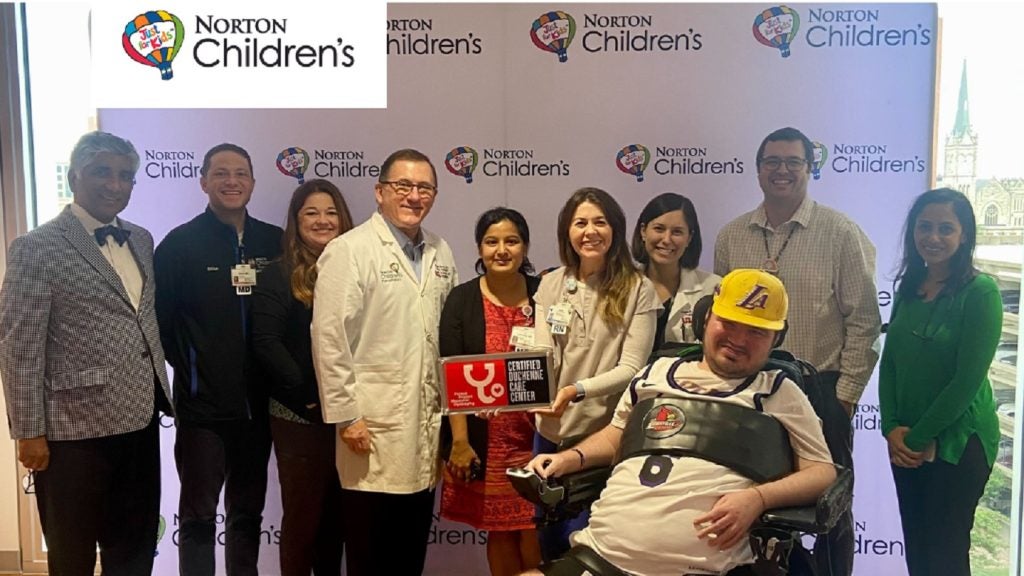Virtual cardiac recovery solutions provider Recora has partnered with Arizona Heart Rhythm Center to offer virtual cardiac rehabilitation services for heart disease patients in the US state.
The collaboration aims to enhance patient outcomes and expand access to virtual care.
Recora's Virtual Recovery Program provides a comprehensive solution, including technology, staffing, and outreach, to facilitate the delivery of virtual cardiac rehabilitation.
By implementing this programme, Arizona Heart Rhythm Center aims to improve patient enrolment, engagement, and programme completion across its cardiovascular specialists' offices in Phoenix, Sun City, Gilbert, Prescott, and Yuma.
Arizona Heart Rhythm Center medical director Dr Vijay Swarup said: "Partnering with Recora to offer virtual cardiac rehab to our patients was a natural step in our strategy to offer the best, cutting-edge care to our patients.
"This technology creates an entirely new level of access for heart disease patients in our community to properly address the necessary steps to complete cardiac rehabilitation and improve their health to add years to their lives."
The Recora Program offers various virtual tools, such as on-demand care team support and a 24/7 chat, to keep patients connected throughout their recovery journey.
Recora's Cardiac Recovery Program is claimed to have achieved notable results, including lower hospital readmission rates, higher programme completion rates, improved blood pressure control, high medication adherence, and significant improvements in distance and strength gains for patients.
Recora CEO Abhishek Chandra said: "It's an honour for Recora to partner with Arizona Heart Rhythm Center and expand access to so many heart disease patients throughout the state of Arizona.
"There has long been a problem in cardiac rehabilitation where patient enrolment and engagement remain very low, despite overwhelming evidence of the benefits of cardiac rehab.
"Arizona Heart Rhythm Center can make a tremendous impact by offering a virtual solution to help solve these critical access issues."















